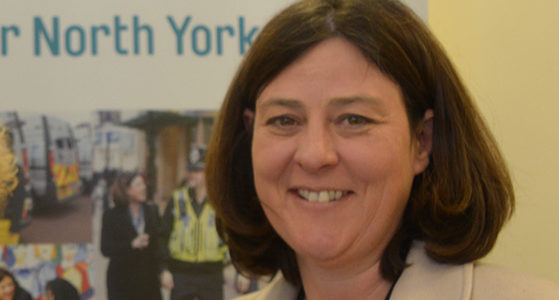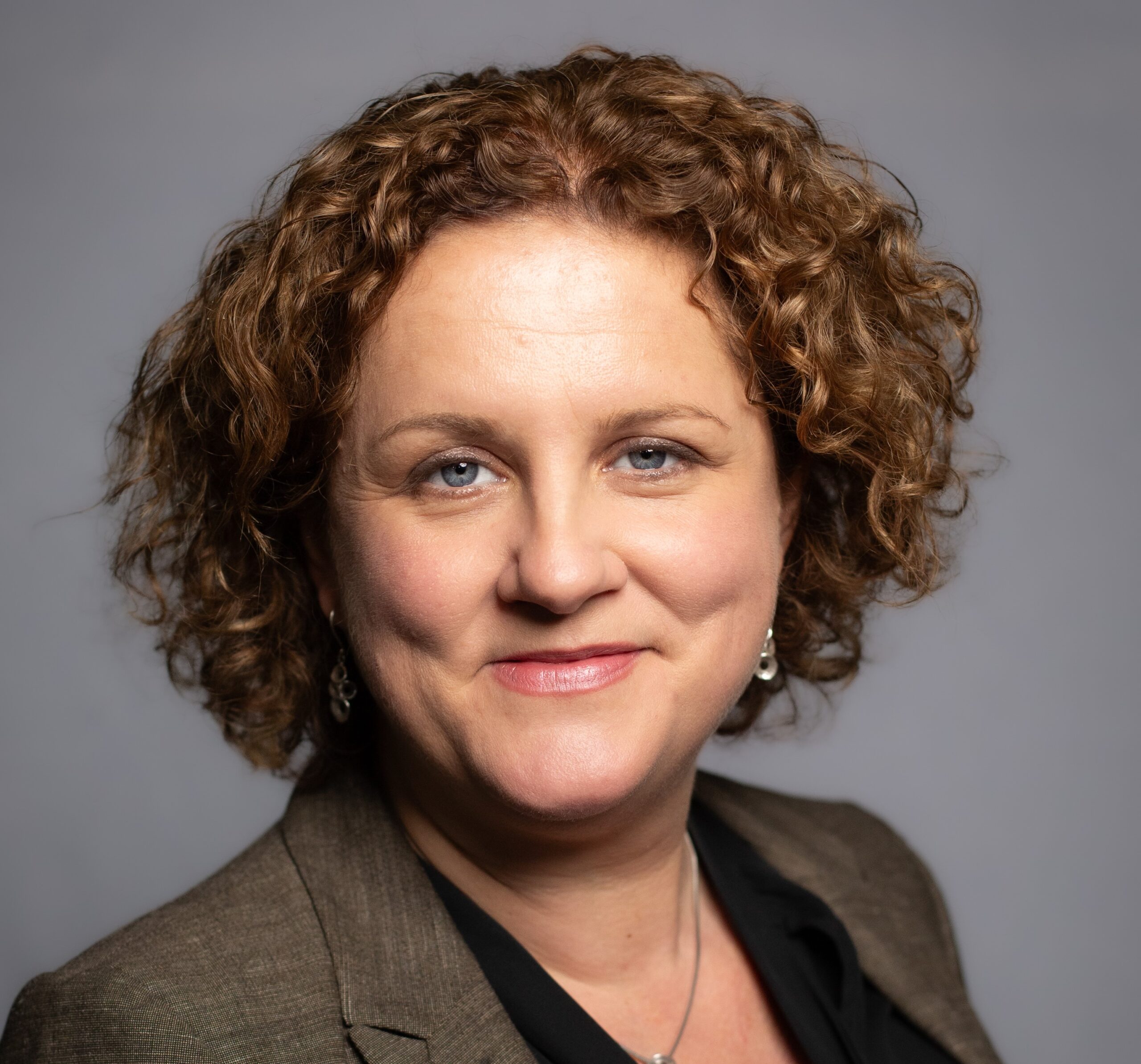Message from Julia

Dear Friends, Residents and Colleagues,
Over the past five years or so, at my advice surgeries, events and in correspondence, I have on very many occasions heard the public say that they would like to see more joint working between different ‘authorities’ in their local area, and that it makes common sense to do so. Indeed, all of us involved in providing services to the public know the value of working with a wide range of partners because it leads to a better service for individuals and improved outcomes for all involved.
Across North Yorkshire, we have a good track record of working together, and there are some excellent examples. We have mental health nurses in the police control room and out on the beat with officers, and fire fighters providing ‘safe and well’ checks for elderly people in their homes in support of social and health care providers. We are increasingly sharing premises and business administration with one another. Our joint community safety teams and projects, such as ‘No Wrong Door’, supporting very vulnerable children are winning national awards.
Whilst some good work is already underway, in January this year a new legal duty to collaborate between the three emergency services – Fire, Ambulance and Police – was enacted by Parliament. But unlike similar initiatives previously, this goes further. It provides an opportunity to assess whether collaboration can be made simpler and done faster in the public interest, specifically by joining up how policing and fire and rescue services are overseen.
Back in 2013, the fire service and police in North Yorkshire recognised that opportunities existed to improve public outcomes and signed a ‘statement of intent’ to collaborate. We set out a wide range of activities which we felt could be done better together. But if we’re frank, success has been slow to come, and limited in scale. I see this new duty to collaborate as a catalyst for change. Now is the time to reinvigorate that spirit of co-operation and collaboration, in the interest of the public of North Yorkshire. This business case has been prepared with that purpose.
Much work has been done in drawing up my proposals. We have looked across the country at best practice and emerging innovation. We have contrasted that with the progress made here in North Yorkshire, and while we have some note-worthy successes, this work has shown that we could be moving faster and achieving better outcomes for the public.
The assessment shows that by joining up governance we can accelerate the pace and scale of collaboration. By working better together, not only can services improve and be better targeted, but significant opportunities remain to save money that can be reinvested in frontline services. This would allow us to do even more to protect those who are vulnerable and make us all and our communities, rural and urban, safer and stronger.
Let’s be clear, firefighters would remain as firefighters, and police officers as police officers. The two services would continue to have distinct roles, identities and finances – one service’s savings would not fund the other. But by sharing oversight, barriers can be overcome that have stifled progress to date and the two services can work much better together, achieving much more for the public.
For example, rather than each service having its own buildings, often within a mile or two of each other, we could bring them together creating ‘Community Safety Stations’, possibly with the ambulance service as well. We could also bring together our back-office support teams to provide a more efficient service with greater ability to share data, knowledge and understanding. By doing these things, which has been impossible to date, we could release money to create better community-based frontline services, thereby preventing harm and crime, and boosting community support structures and resilience.
All public services are facing financial pressures, so it is incumbent on us to pull together, put the politics to one side, pool our sovereignty and put the public first, who, quite rightly, expect us to seek out every opportunity to protect frontline services. This business case suggests that bringing the two services under one Commissioner would be most likely to achieve this at the greatest pace, the greatest scale, and with a minimum of risks. I believe that this is possible, but before applying to the Home Secretary to ask her to take this decision, I would like to hear what you think, and seek your support to help make it so.
Thank you.
